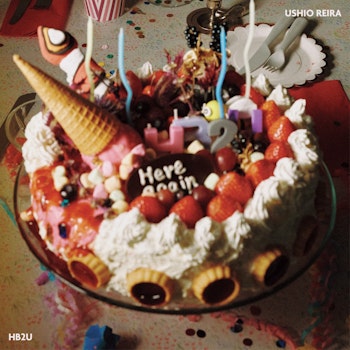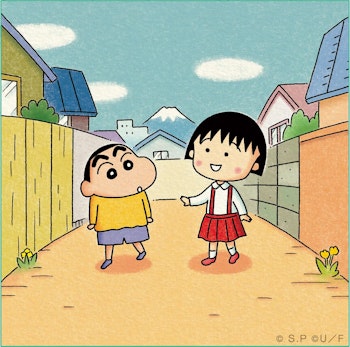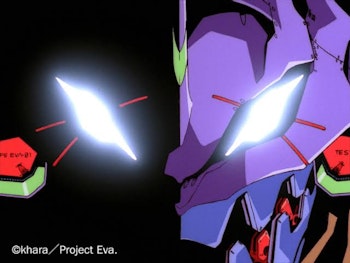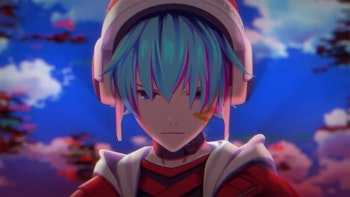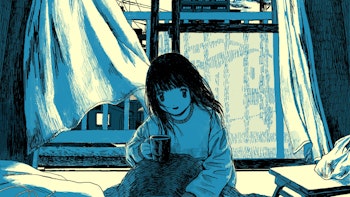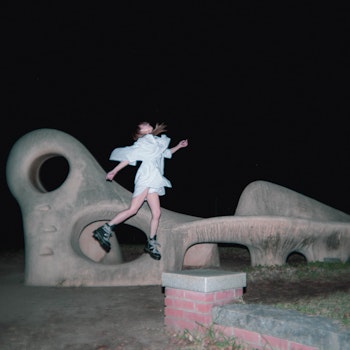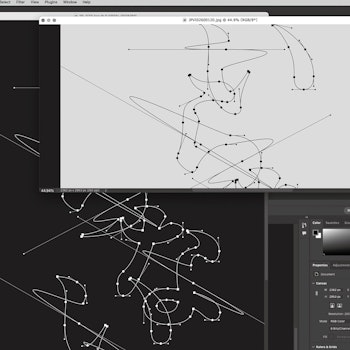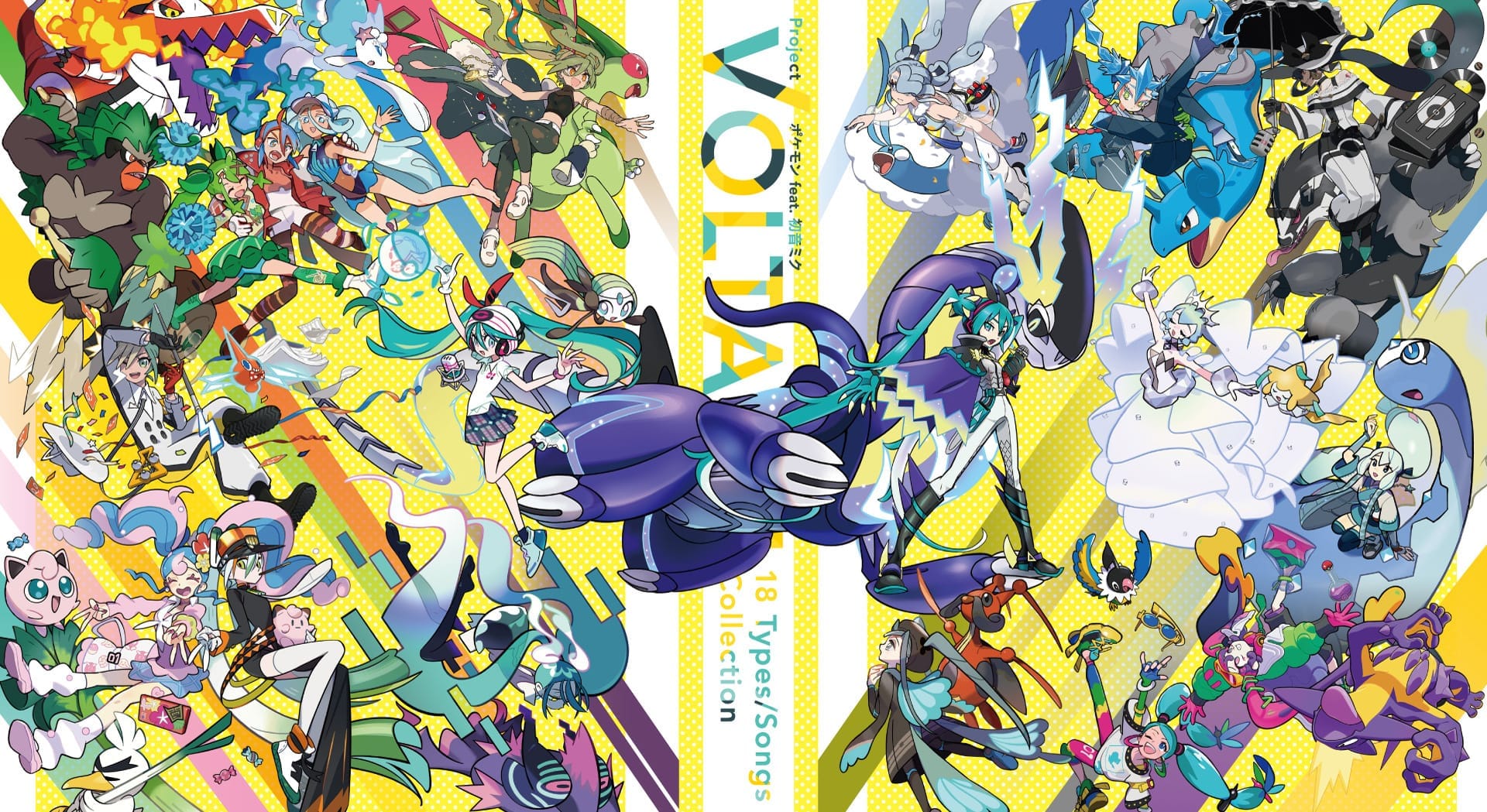
The Pokémon VOLTAGE project is a fascinating proposal. First, recruit a slew of the most prominent, up-and-coming and unique music producers creating Vocaloid music. This means grabbing the services of artists whose appeal transcends the online communities of Pokémon with names and sounds recognizable to broader audiences like Deco*27, Mitchie M and PinocchioP, alongside singular creatives like Hachioji P and viral hitmakers like Nayutalien. Then, commission these producers to create new music featuring the ideals of the franchise with some musical references to iconic songs, with each song representing a different type of Pokémon.
The Pokémon franchise has spent recent years furiously courting interest beyond the typical audience of gaming fans. New TV series from a stop-motion slice-of-life series to a live-action drama aimed at young adults have focused less on the idea of becoming a Pokémon Master but living life either as part of a Pokémon world or learning lessons from it. With greater regional collaborations via mascots and manhole covers and entrusting the reins of the series to new generation artists on social media, there’s been genuine attempts to expand what Pokémon is and appeal to broader audiences. To become more than a video game, but a lifestyle. Similarly, to appeal to a more youthful, online generation, Pokémon enlisted some Vocaloid coolness to capture this demographic's attention.
The result is a sound unlike anything you’ve heard from Pokémon, and one that, mostly, works.
There’s a lot of reasons Pokémon would turn to Vocaloid to appeal to a new generation. Historically, despite the initial phenomenon that quickly grew the franchise into a multimedia institution, the series struggled to attract new audiences as it entered the 2000s. After the initial boom of the original generation games, sales declined with subsequent installments, to the point of admitted concern from Junichi Masuda and the team. Understanding the need to broaden appeal to new audiences, they instituted online promotional campaigns and web games that reached younger audiences, and the resulting Pokémon Diamond and Pearl helped reversed long-running sales decline as a result.
Similarly, the modern music industry is increasingly shaped by the creativity and trends set by this community, fueling a renewed appreciation in Hatsune Miku and Vocaloid particularly amongst younger audiences. The launch of the Hatsune Miku voice bank in 2007 encouraged a new generation to create their own music using Crypton Future Media's Vocaloid software, uploading the results on video sharing sites like Nico Nico Douga and creating online communities around music long before YouTube music videos and streaming became the norm.
While Vocaloid was never unpopular, it did ultimately lose some of its prominence in the mid-2010s, only to be renewed as this generation entered the industry. Ayase from Yoasobi first gained notoriety as a Vocaloid producer, same with other major acts like Kenshi Yonezu and Eve. Utaite like Ado first captured the attention of producers and fans uploading Vocaloid covers on Nico Nico Douga, the artist even admitting they first encountered Hatsune Miku watching videos on her Nintendo 3DS in an event that inspired her to enter the industry and become one of the defining female artists of the moment. With the big artists coming from this field, and the music they produce following in this lineage, it’s encouraged a new generation to create and discover this music, fueling a new boom.
Vocaloid is cool again! It’s moved from the niches of online to the musical mainstream, defining the modern sound. New music videos from the biggest producers quickly rack into the millions of views, and the audience for Vocaloid remains primarily young. While there’s little concern about younger generations falling out of touch with Pokémon as there was in the mid-2000s, that doesn’t mean you don’t reach out to this generation where they are in order to turn these kids into long-term fans. That’s the goal of Project VOLTAGE.
Does it achieve that? I’d say so.
There’s a kinetic energy to many of the songs that makes the album unlike anything else within a broader franchise that’s already dipped its toe into so many mediums and creative styles, musically and otherwise. No song sounds alike, all maintaining the producer’s own independent style, yet they never feel disconnected to the point of fragmentation when considered as a single project.
The pop-rock stylings of inabakumori, including his heavy use of percussion in his music as a drummer himself, come through strongly in his "Electrical Forecast" song. Yet this contrasts and compliments well with "World is Mine" producer’s Mitchie M’s idol-like pop sound in "What Kind of Future," and both are highly distinct from Nayutalien’s "Psychic Psychic," whose punchy sound defined by their biggest hit, "Alien Alien," seemlessly transfers to the world of Pokémon. The souring sound of marasy’s "Mugen no Ticket" is similarly singular and a particular highlight.
Where these songs can sometimes fall apart is in their musical references to the broader Pokémon franchise. One connecting tissue between these songs is the sampling of mostly-chiptune renditions from across the franchise, with some more iconic sounds like the Pokémon Center or battle themes featuring in multiple songs across the album. In some cases, these references to iconic songs overpower the music themselves and rob some of the original character of the producers of their identity towards a subsumption into the Pokemon brand. DECO*27’s "Volt Tackle" is a particular victim but far from alone, with Giga’s "Gotchu!" perhaps the best example of these references enhancing the creator's personal style.
Yet even these minor quibbles can’t take away from the album’s ability to walk the tightrope between incorporating Vocaloid’s distinct identity into this world without feeling overly corporate. The company has seemingly given these producers free reign to create music videos in their style with their own artists, while also allowing creators to upload songs to their own YouTube and Nico Nico channels as opposed to the official Pokemon channel. The embrace of online remix and sharing inherent to the community is clear with one look at the project’s website, where the encouragement to share this music freely and widely is clear in the plentitude of official artwork and social media icons for fans.
Even the instrumental versions of these songs are free to download on the site, perfect for budding utaite and DJ to put their own spin on these songs.
The release of a CD album compiling this project is as much a celebration of Vocaloid as it is of Pokémon, a rare universally-symbiotic uplift for such a major collaboration. It’s also clearly been a successful one, with the company announcing a new wave of songs is on the horizon. Personally, I can’t wait for more, provided it can maintain its creative, ahem, spark.
